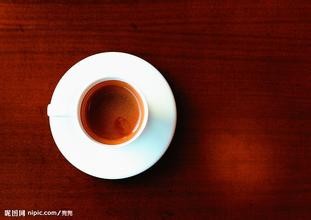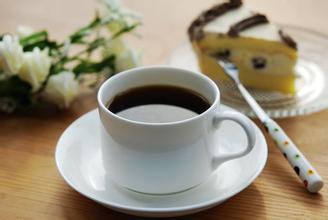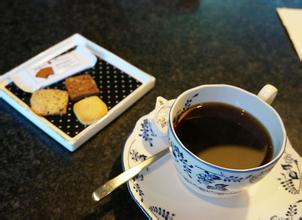Introduction to the method of processing Pacamara Coffee Bean Flavor by El Salvador Honey
Introduction to the method of processing Pacamara Coffee Bean Flavor by El Salvador Honey
On January 16, 1992, the Marty Front signed a "peace agreement" with the government, ending the 12-year civil war in El Salvador.
In March 2014, El Salvador held the second round of presidential election. Vice President Salvador Sanchez Salon, candidate of the ruling Marty Front, won with 50.11% of the vote and was sworn in on June 1 for a five-year term.
Coffee from El Salvador is a specialty of Central America, where it is light, fragrant, pure and slightly sour. Like Guatemala and Costa Rica, coffee in El Salvador is graded according to altitude, and the higher the altitude, the better the coffee. The best brand is Pipil, which is what the Azbec-Mayan (Aztec Mayan) called coffee, which has been approved by the American Organic Certification Society (Organic Certified Institute of America). Another rare coffee is Pacamara, a hybrid of Pacas and Maragogype. The best place to produce the coffee is in western El Salvador, adjacent to Santa Ana, which is close to the border with Guatemala. Parkmara coffee is full-grained, when the flavor is not too strong El Salvador (El Salvador) is one of the small countries in Central America, very densely populated. The flavor of its coffee is characterized by excellent balance.
Today, this coffee accounts for 40% of the country's exports. 35% of the extra hard beans of the best coffee are exported to Germany from January to March.
In the early 1990s, guerrilla warfare greatly damaged the country's national economy, reducing coffee production from 3.5 million bags in the early 1970s to 2.5 million bags in 1990-1991. The eastern part of the country was most affected by guerrilla warfare, and many farmers and workers were forced to leave the manor. The shortage of funds has led to a sharp drop in coffee production, from 1200 kg per hectare in the past to less than 900kg per hectare today. In addition, the government imposed an additional 15% tariff on exported coffee in 1986, that is, an additional 15% in addition to the existing 30% tax. Taxes, together with unfavorable exchange rates, have greatly reduced the export of coffee and the quality of coffee.

Important Notice :
前街咖啡 FrontStreet Coffee has moved to new addredd:
FrontStreet Coffee Address: 315,Donghua East Road,GuangZhou
Tel:020 38364473
- Prev

90 + Fine Honey Kiss Coffee beans description of Ethiopian Ginseng Flavor
The picked fruit is washed in clean water and preserved under water to improve the flavor and color of coffee beans. The processing process begins with hand selection, washed by machine and made into pulp on the day of harvest, followed by natural fermentation and sun exposure, in order to meet the best humidity standards. After machine processing, these coffee beans are selected by hard and careful hand.
- Next

Simple and mild flavor description of Ugandan coffee bean producing area taste treatment method for grinding calibrated fine coffee
Uganda coffee bean producing area flavor description grinding scale fine coffee beans introduce the characteristics of coffee, taste mild and simple, with a papaya flavor. Dry aroma (1-5): 3.2 wet aroma (1-5): 3.4 acidity (brightness) (1-10): 8 taste (hierarchy) (1-10): 8.5 taste (alcohol thickness) (1-5): 4 aftertaste (residue) (
Related
- Detailed explanation of Jadeite planting Land in Panamanian Jadeite Manor introduction to the grading system of Jadeite competitive bidding, Red bid, Green bid and Rose Summer
- Story of Coffee planting in Brenka region of Costa Rica Stonehenge Manor anaerobic heavy honey treatment of flavor mouth
- What's on the barrel of Blue Mountain Coffee beans?
- Can American coffee also pull flowers? How to use hot American style to pull out a good-looking pattern?
- Can you make a cold extract with coffee beans? What is the right proportion for cold-extracted coffee formula?
- Indonesian PWN Gold Mandrine Coffee Origin Features Flavor How to Chong? Mandolin coffee is American.
- A brief introduction to the flavor characteristics of Brazilian yellow bourbon coffee beans
- What is the effect of different water quality on the flavor of cold-extracted coffee? What kind of water is best for brewing coffee?
- Why do you think of Rose Summer whenever you mention Panamanian coffee?
- Introduction to the characteristics of authentic blue mountain coffee bean producing areas? What is the CIB Coffee Authority in Jamaica?

